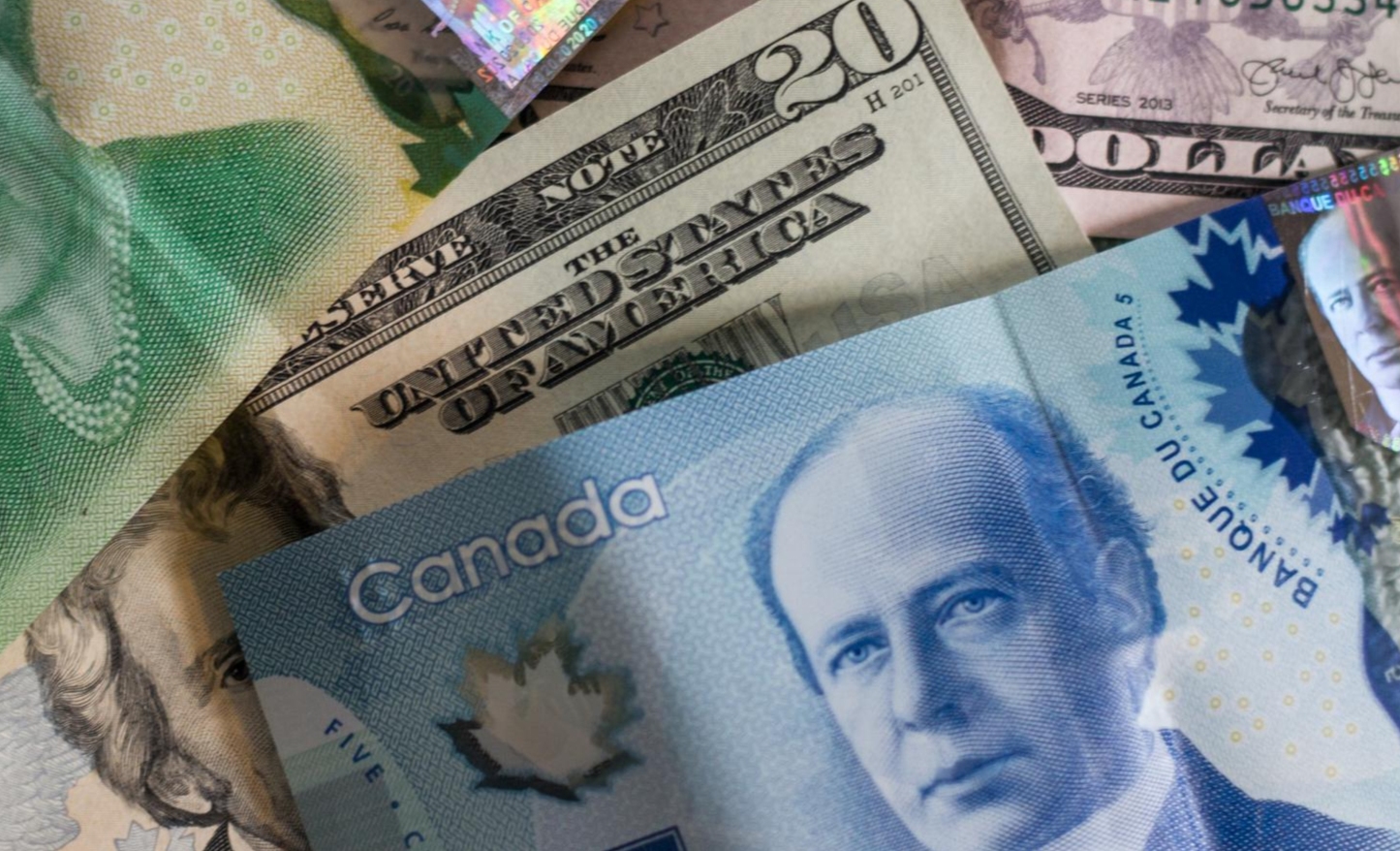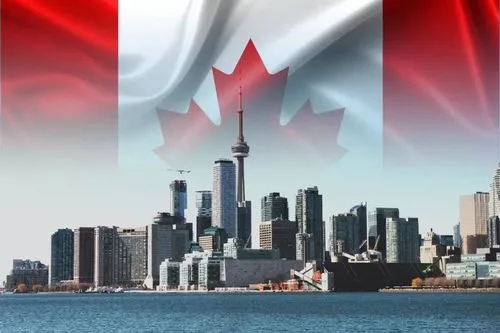
The Canadian economy is currently going through a complex phase.
First, in terms of overall growth expectations, the Canadian economy is gradually recovering, and expectations for real GDP growth in 2024 have risen, from 0.8 per cent in the fourth quarter of 2023 to 1 per cent. This shows that the Canadian economy is steadily picking up after overcoming the challenges posed by the pandemic. However, despite the rise in expected growth, concerns about the rate of corporate insolvencies remain. According to the Office of Insolvency Supervision, the number of corporate insolvencies in 2023 increased by 41.4 percent compared to 2022 and nearly 31 percent compared to 2019. This suggests that while overall economic expectations are improving, pressures at the corporate level remain high.
Second, looking at inflation and interest rate expectations, the Bank of Canada's forecast for inflation remains largely unchanged, with the median forecast for annual consumer price Index (CPI) remaining at 2.3 per cent in 2024 and 2.1 per cent in 2025. However, there have been some changes in interest rate expectations. While the median forecast of economists for a slower pace of rate cuts through the end of 2025, in the most recent quarter, the median forecast for the Bank of Canada's benchmark rate by the end of 2024 was unchanged at 4 per cent, while fewer people thought it would go lower.
In addition, Canada's GDP per capita situation is also worth watching. According to Statistics Canada, Canada's GDP per capita has plummeted, falling by an average of $4,200 per person, back to the level of 2017. This is likely due to the hard hit of the pandemic and the drag on growth from aggressive central bank interest rate hikes. At the same time, Canada's population growth has also raised the denominator of per capita GDP calculations.
In terms of poverty and income levels, Canada's poverty rate has also continued to increase, and people's income levels have declined. In particular, after the end of the epidemic related relief welfare measures, the median government transfer payment has declined, coupled with the impact of high inflation, resulting in a decline in people's income from the previous year. In addition, poverty rates are higher among single people and minority groups.

The Canadian economy is currently facing the following challenges:
First, growth is slowing. After a rapid post-pandemic rebound, Canada's economy is now showing signs of slowing. While the labor market remains resilient, consumer spending is starting to weaken in the face of high inflation and rising borrowing costs. In addition, global economic uncertainty, particularly slowing economic growth in major trading partners, has also negatively impacted Canadian exports.
The second is inflationary pressure. Although the Bank of Canada has raised interest rates several times since 2020 to curb inflation, inflationary pressures remain. However, inflationary pressures are expected to ease as global supply chains gradually recover and energy prices ease. That gives the Bank of Canada room to adjust interest rate policy, but it could also lead to a further slowdown in economic growth.
Third, interest rates and interest rate cut expectations. The Bank of Canada's benchmark interest rate is currently 5 per cent, and economists are divided on expectations for a cut. While some forecasts see the rate cuts starting this year, the exact timing and magnitude remain uncertain. A rate cut could have a positive impact on the economy, but it could also raise the issue of a lower Canadian dollar and higher inflation risks.
Fourth, poverty and income inequality. Canada's poverty rate continues to rise and income levels are falling, adding to the complexity of the economic woes. The end of virus-related relief benefits and the impact of high inflation have reduced the incomes of many households. In addition, certain groups, such as single people, minority groups, and people with disabilities, face a higher risk of poverty.
To sum up, the Canadian economy faces multiple difficulties such as slowing growth, inflationary pressure, uncertainty about interest rates and interest rate reduction expectations, poverty and income inequality, and the external economic environment. To address these challenges, the government of Canada needs to take a number of steps to stabilize the economy, promote growth, and reduce inequality.

報告顯示,中國電力投資加速增長,預計2024年電網基建投資將超過5300億元。
近日,市場迎來了一則引人注目的消息:工業巨頭3M公司(MMM.N)在本周五公布了其季度業績報告,隨後股價飆升至近兩年來的
最近,外媒給OpenAI算了筆賬,今年可能要血虧50億美元。
近日,巴黎奧運會和世界鐵人三項協會聯合發布了一項重大決定,宣布因塞納河水質污染問題,原定於近期進行的奧運會鐵人三項首次下
當地時間7月18日,法國巴黎發生了一起令人震驚的持刀襲警事件。
近期,一則重大消息在國際舞臺上引起軒然大波,馬來西亞宣布加入金磚國家。
調查發現,互聯網和智能手機的使用幹擾了韓國近五分之一學生的生活。